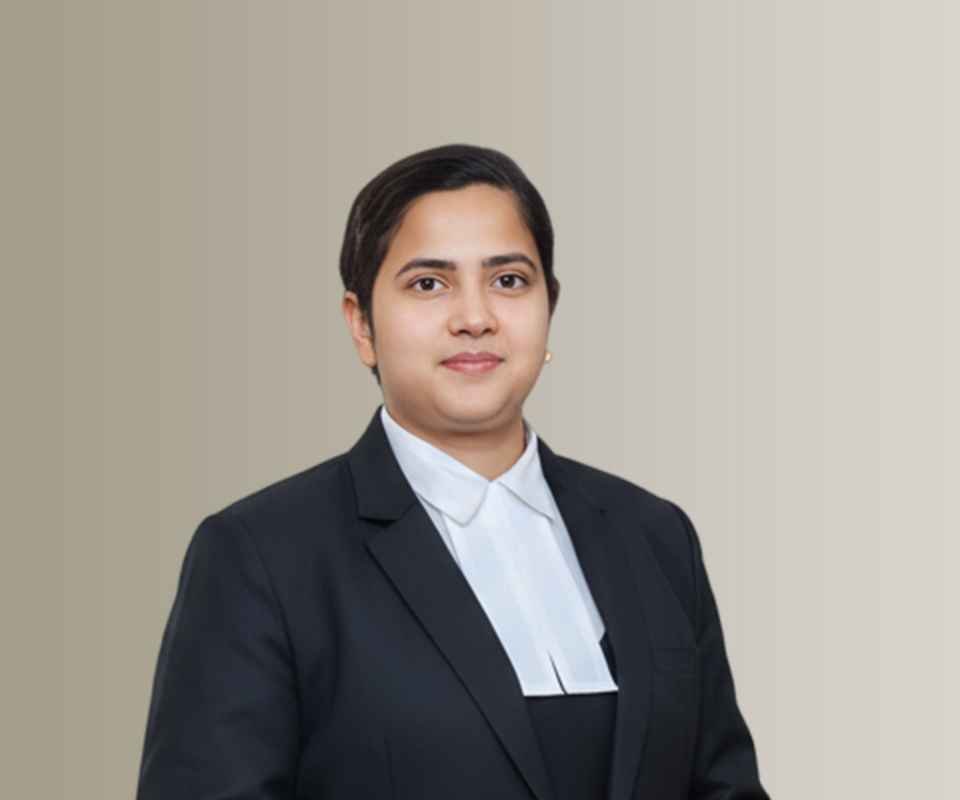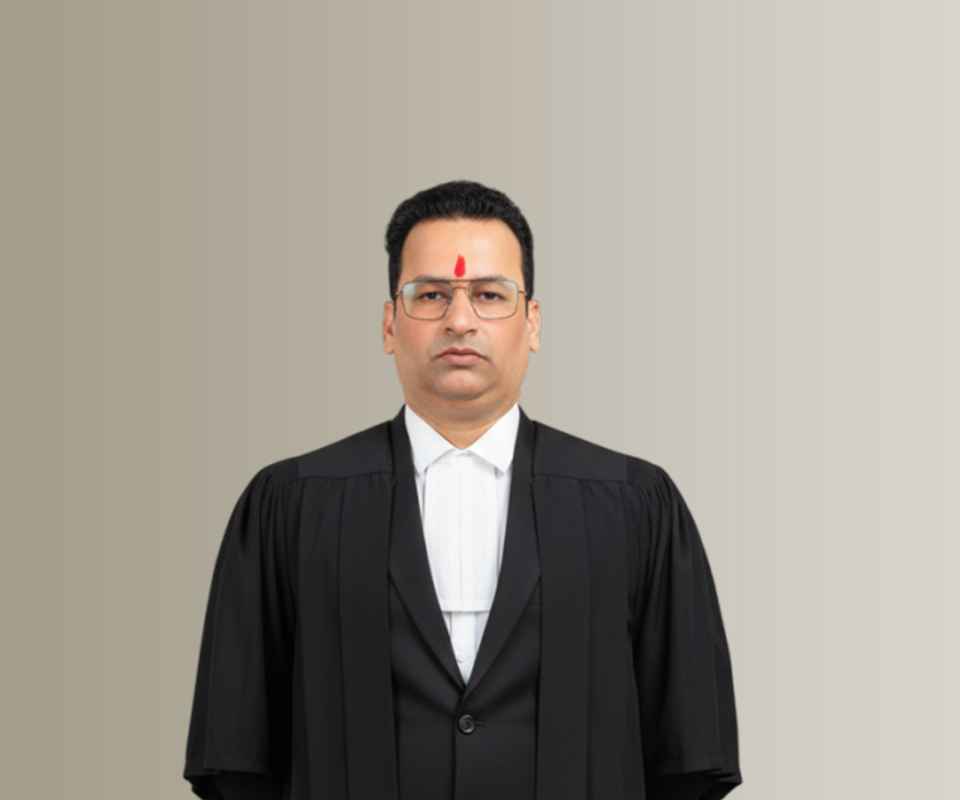Answer By law4u team
Religious marriages, whether or not they are formally registered with the state, are generally treated under domestic violence laws to protect the victims of abuse. In many countries, domestic violence laws do not distinguish between civil marriages (registered with the state) and religious marriages, meaning victims of domestic violence in religious unions may still be entitled to legal protection, even if their marriage is not officially recognized by the state.
Key Considerations for Religious Marriages Under Domestic Violence Laws:
State Recognition of Religious Marriages:
In some countries, a religious marriage may not be officially registered with the state, but it can still be recognized as valid under certain circumstances, especially if it is conducted according to the religious customs of the parties involved.
Even if a religious marriage is not registered, it can still be treated as a valid marriage for the purposes of domestic violence protection, including the ability to file for restraining orders or protection orders.
Access to Domestic Violence Protections:
- Protection Orders: Victims of domestic violence in religious marriages have the right to seek protection under domestic violence laws, which include protection orders or restraining orders. These orders are designed to prevent further abuse, such as physical violence, harassment, or threats. The court will generally assess the relationship, the history of abuse, and the need for protection, regardless of whether the marriage is formally registered.
- Legal Recourse: Religious marriages are typically not exempt from laws that protect individuals from violence, including provisions for emergency shelter, counseling, legal representation, and access to services.
- Reporting Domestic Violence: Victims in religious marriages can report domestic violence to law enforcement authorities, who are legally obligated to investigate and offer protection, even if the marriage is not recognized by the state.
Legal Status of Religious Marriages in Domestic Violence Cases:
The legal status of a religious marriage in domestic violence cases can vary by jurisdiction. However, in most cases, domestic violence laws apply regardless of the formal status of the marriage.
In some places, religious marriages are automatically recognized for the purposes of divorce, asset division, and custody rights, but this can depend on local laws.
Marriage Dissolution and Divorce:
If a victim of domestic violence in a religious marriage seeks to leave the relationship, they may encounter challenges related to marriage dissolution if the marriage is not formally registered with the state.
In cases where a religious marriage is not recognized for divorce by the state, the victim may still have legal grounds for separation or protection under domestic violence laws.
Some countries have specific provisions for religious divorces, which may allow religious leaders or bodies to dissolve the marriage, but this may not grant the same rights as a civil divorce in terms of property division, custody, or financial support.
Support from Religious Institutions:
In some cases, victims of domestic violence in religious marriages may seek support from their religious community or leaders. Some religious institutions have programs or counseling services for victims of abuse, although the effectiveness of these programs can vary.
However, religious institutions may not always offer the same legal protections as the civil courts, so victims are encouraged to seek both religious and legal support.
International Legal Protections:
In countries with a mix of civil and religious legal systems, such as those where Islamic law (Sharia) or other religious laws coexist with secular legal systems, domestic violence laws may offer dual pathways for protection, allowing victims to seek justice through either the religious court system or the secular legal system.
Example:
In a country where religious marriages are not automatically recognized by the state but are conducted according to community customs (such as a Muslim marriage), a woman suffering domestic violence can still seek help under the domestic violence laws. The court will not dismiss her case solely based on the lack of state registration. The woman may file for a protection order, and law enforcement will intervene to protect her safety. Additionally, while the religious community may have their own process for dealing with marital issues, her legal rights under domestic violence laws remain intact.
Conclusion:
Religious marriages are generally treated under domestic violence laws in most jurisdictions, regardless of whether they are formally registered with the state. Victims of domestic violence in religious unions have access to the same legal protections as those in civil marriages, including the ability to seek protection orders, report abuse, and receive support services. The lack of state recognition for religious marriages may complicate divorce proceedings, but it does not typically exclude victims from seeking legal recourse for domestic violence.







